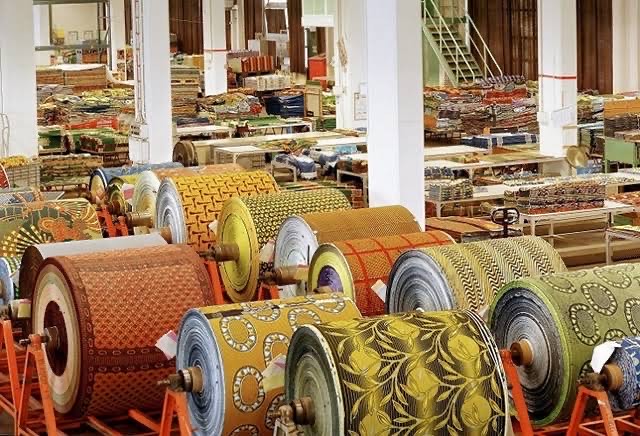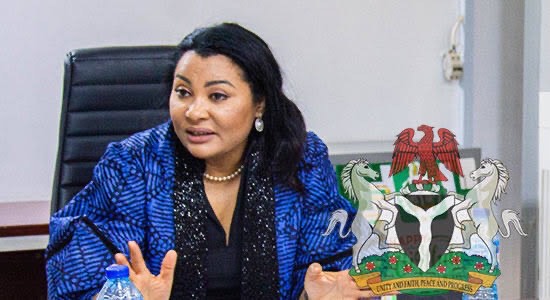The Federal Government develops a recovery plan for Nigeria’s cotton, and textile industry in collaboration with development partners and the private sector.
The Minister of Industry, Trade and Investment, Doris Uzoka-Anite, disclosed this while reviewing the Ministry’s activities over the past year, adding that about $3.5 billion in investments was ensured during this period to rejuvenate the dying area. She noted that the textile sector encompasses the entire apparel value chain in Nigeria, adding that investment in the textile industry will create jobs for skilled and unskilled workers across the country.
Uzoka-Anite said, “The ministry is developing a recovery plan for the Nigerian cotton, textile, and garment industries in collaboration with development partners and private sector enterprises. We have raised $3.5 billion to unlock the textile, cotton, and clothing industry. “As you know, Nigeria’s textile industry covers the entire clothing value chain and has high growth potential due to the availability of cotton and the size of the country’s market.

“The industry is one of the main contributors to the manufacturing sector of the economy with huge employment potential for skilled and unskilled workers and the ability to generate export revenue and attract huge foreign direct investment, thereby reducing poverty.”
Nigeria’s textile industry has struggled over the years despite the country’s huge market potential in cotton production. Nigeria was an industrial center for textile manufacturing in the 1970s and 1980s, with about 180 textile factories and employing more than a million Nigerians.
These include United Nigerian Textile Limited, Aswani Textile, Afprint, Asaba Textile Mills, and Edo Textile Mills, among others. However, by the 1990s, most businesses had disappeared, facing obstacles such as rampant smuggling, uncontrolled imports, erratic electricity supplies, and unpredictable policies and growing insecurity left them unprofitable.


































